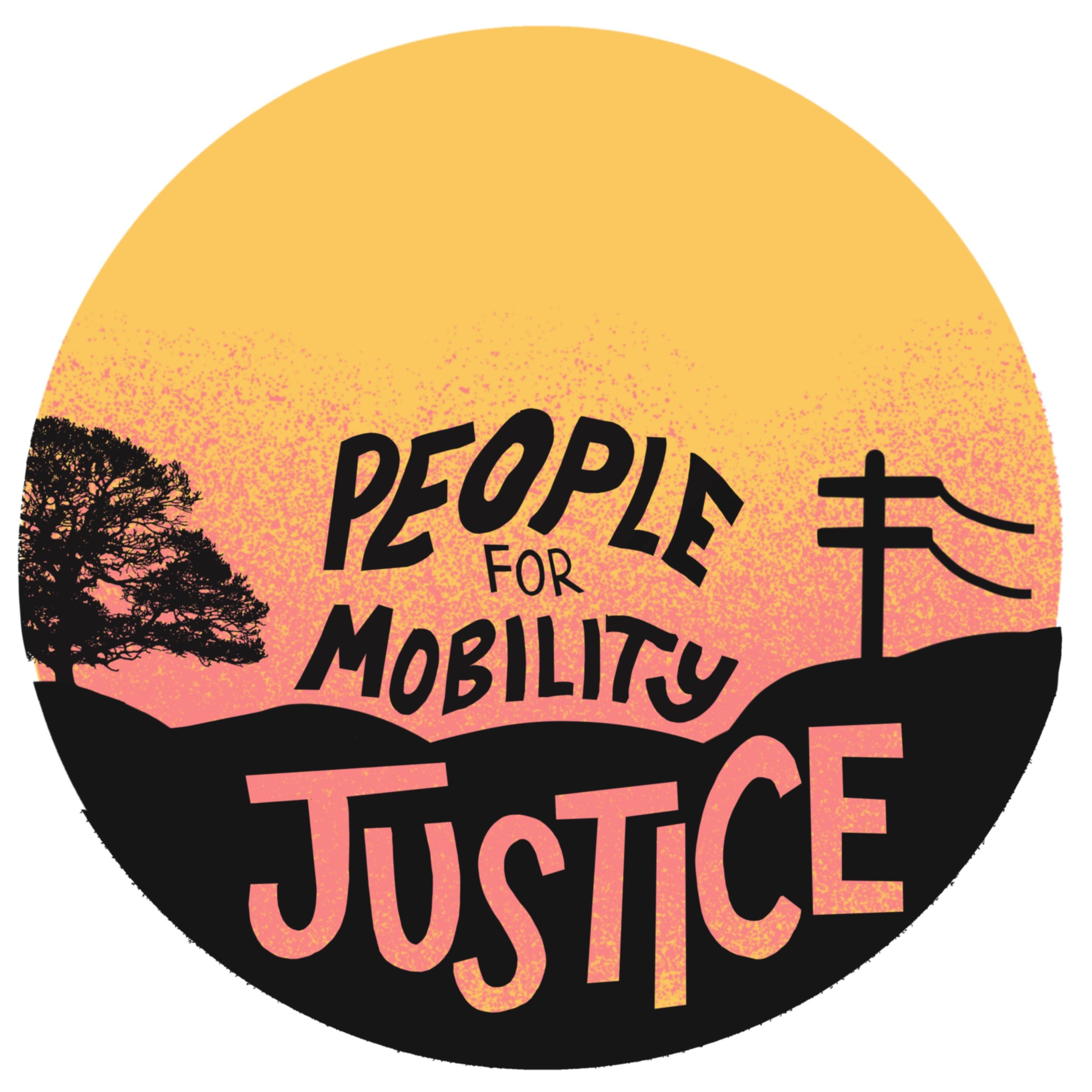VISION INCOMPLETE
Since the introduction of Vision Zero here in the United States, many of us have had sharp feels of dissonance. It has been touted as a great success in places like Sweden and New York. However, success is often defined by the narrators and those who benefit. We have been in dialogue with other Black Indigenous People of Color (BIPOC) communities across the country and we often share conflicted frustrations with the Vision Zero model. While it attempts to save the lives of pedestrians and cyclists, who are disproportionately low-income and BIPOC, Vision Zero is coming in as part of a wave of urban change efforts with “unintended” (1) consequences of BIPOC being heavily policed and displaced physically, culturally, and psychologically. This blog is intended as an invitation to collectively define safe and secure streets in our hoods. The points made below are meant to instigate and inspire critical dialogue.
Our Mobility Justice Team started this precise dialogue to identify the current gaps in Vision Zero that all cities and transportation agencies most certainly need to account for. We are responding to Vision Zero’s foundational elements of Education, Evaluation, Engineering, Enforcement. We will deconstruct each one of those in follow-up articles, but for now we want to introduce you to our 5 D’s, because in the alphabet, “D” comes before “E.”
DECOLONIZE: May our approach in any urban planning, design and decision-making be rooted in the ancestral land in which we work, live, and play to honor the indigenous people and the native flora and fauna. Additionally, we are committed to halting the colonial practices that displace our people to ensure that long-term residents will be protected and have full rights to stay in their communities be it as tenants, homeowners, or business owners.
DECONGEST: May everyone have access to transportation and streets that support our full well-being and keep us alive.
DECRIMINALIZE: May Black, Brown and Undocumented people have the freedom to move in public spaces without state harassment, deportation or death.
DIGNIFY: May the people who are houseless, have disabilities, are LGBTQIA+, work the streets (sex workers, street vendors, etc) have immense protection for their lives and the resources they need to support their well-being.
DETERMINATION: May our BIPOC communities have the right to self-determination, which we define as ensuring that our voice and leadership are valued monetarily, from expert advice to implemented reality on our streets.
This is our introductory article to Vision Incomplete. Please be on the lookout for our follow-up articles to continue to DECONSTRUCT Vision Zero. If you would like to be a part of this dialogue please email rio@mobilityjustice.org.
Written By: Río Oxas - Program and Policy Organizer
-------------
(1) Things that are “unintended” are rooted in historical and systemic forms of oppression, so this word takes no accountability

